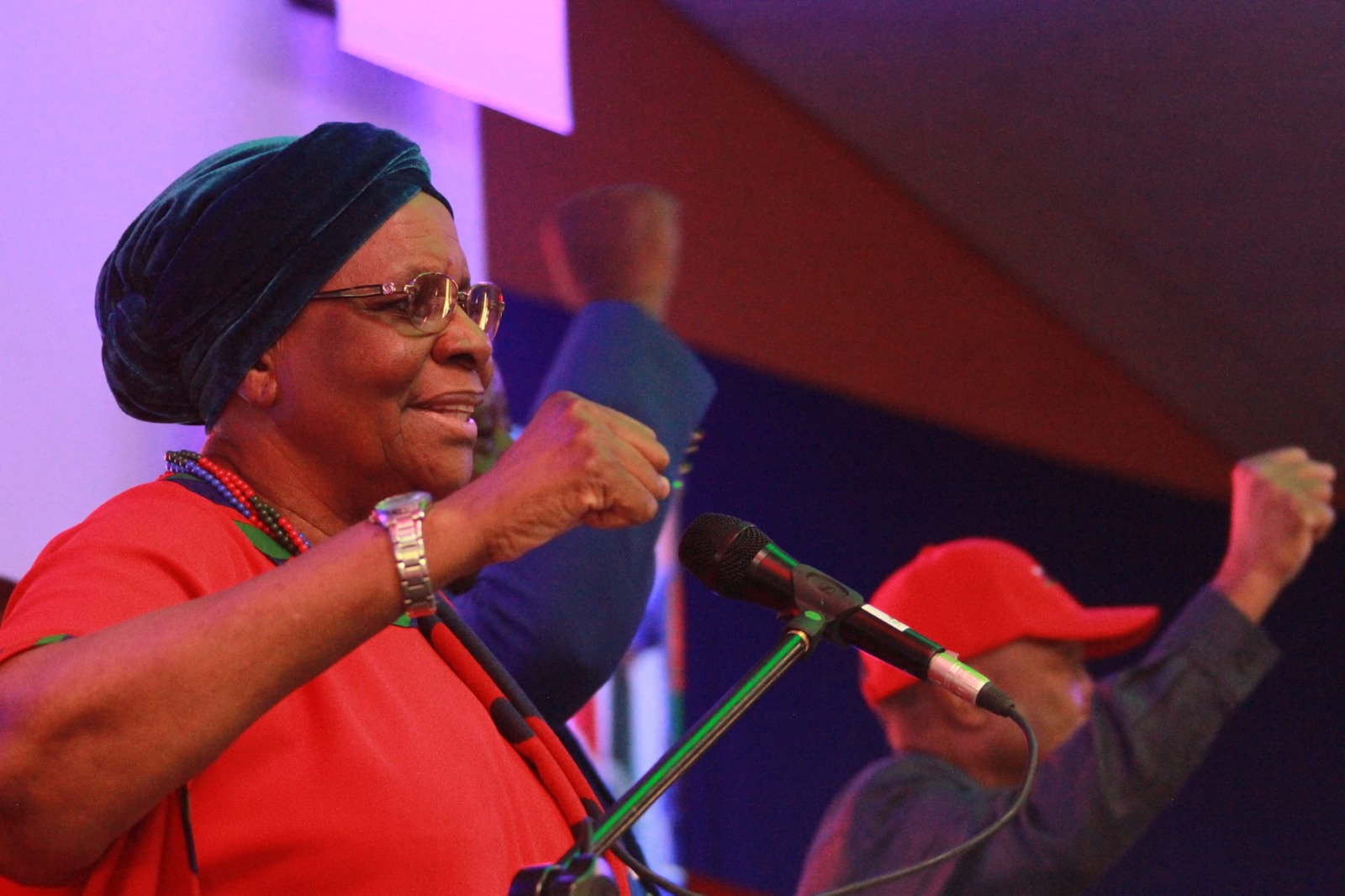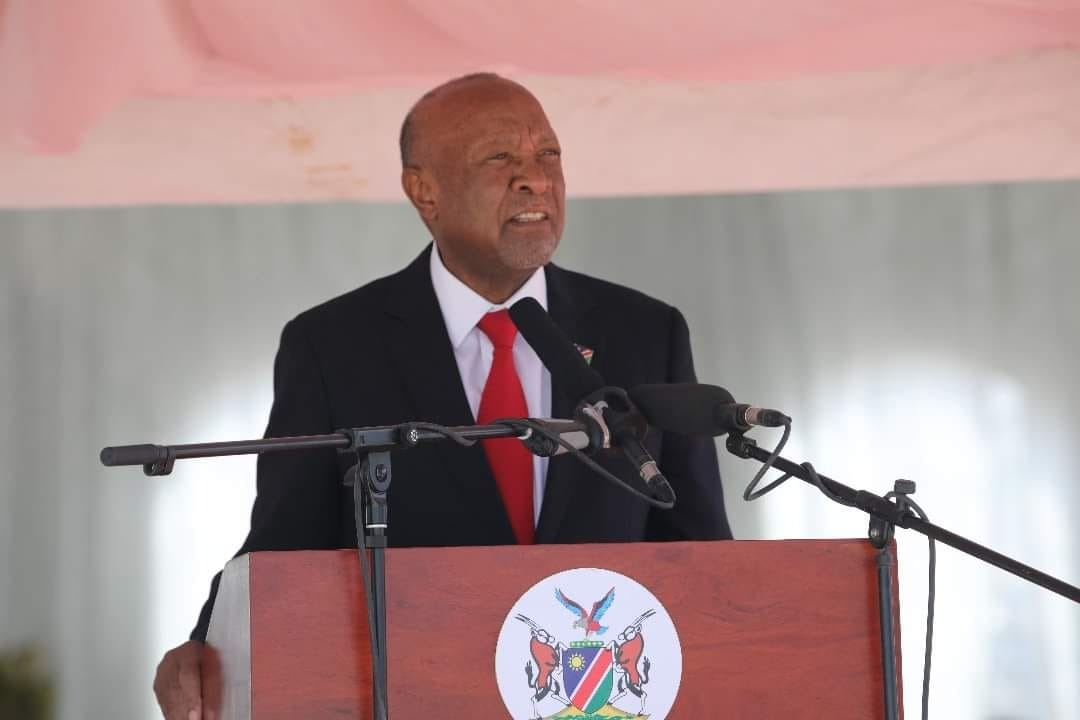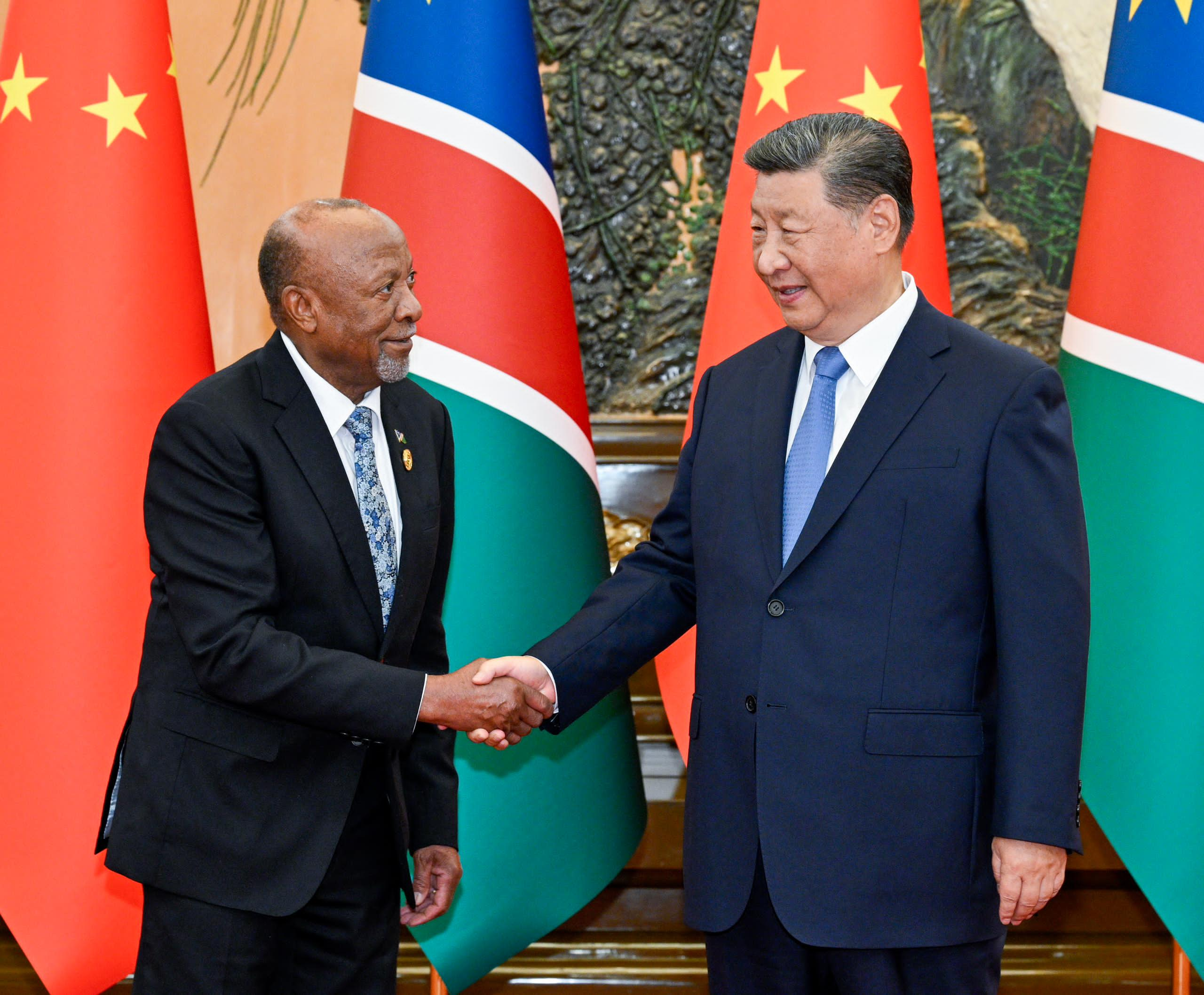• JOHANNES UUSIKUTHE significant increase in Chinese investments in Namibia has recently generated rich discussions among many commentators within the legal, political, economic and public sphere.
While most commentators believe that the investment in question is part of the solution to Namibia’s struggling and unstable economy, the subject matter remains contentious.
Chinese investments have created both hope and uncertainty about its true intention with the Land of the Brave. There are very few large-scale Chinese corporations and quite a significant number of small Chinese businesses, which can even be found in the remotest rural areas in Namibia.
Notwithstanding the fact that Chinese investments in Namibia have been criticised on various platforms, ranging from taxation, banking issues, labour practices, environmental concerns as well as technology and skills’ sharing, it continues to be highly regarded by many as part of the solution to Namibia’s struggling economy.
Despite the critics, China has continued to assist the Namibian government to finance many projects, which form part of the positive aspects of their investment in Namibia, in addition to its potential and ability to reduce the skyrocketing unemployment rate.
Put more bluntly, if the positive and negative aspects of the investment were to be put on a scale, which one will outweigh the other?
With regard to banking concerns, it is reported that very few Chinese investors in Namibia bank their money with local banks, but instead keep cash at home, something which has made the Chinese easy targets for robbers. Consequently, the Chinese investors jet out of Namibia with this money.
I honestly still do not understand what the rationale behind this practice by Chinese entrepreneurs is, but I am confident that it is not a positive one.
This can, however, be blamed on loopholes in our legal system as there is no law which obliges foreign investors in Namibia to bank their money with local banks, nor is there any law that I am aware of that makes it an obligation for a person leaving our country to declare the cash they take out of the country.
As per Clever Mapaure, a respected scholar and writer in Namibia, the only law that comes close to this is one of financial regulations, which says that when a person is travelling out of the country, he or she ‘may’ be asked to declare such cash by an authorised officer.
In addition to the banking issue, another concern is the threat that Chinese investment poses to local businesses or industries within the textile sectors. It is an undeniable fact that textile products, mostly clothing of questionable quality, continue to be introduced to the Namibian markets at unreasonably low prices. Unconfirmed allegations are that behind these low prices are production subsidies in China, which cause these products to out-compete Namibian products.
Another most-alluded-to criticism in relation to Chinese investment in Namibia is that of labour issues, whereby Chinese companies are accused of exploiting workers. It is alleged that many Chinese corporations do not abide by Namibian labour laws by denying their employees decent working conditions.
Many Chinese businesses and corporations pay workers peanuts and pocket the huge chunk of profit they generate; force workers to work longer hours than permitted by law; dismiss workers unfairly due to the absence of employment contracts; and make them work under hazardous conditions without protective clothing.
Although these issues are evident on a daily basis, there seems to be a lack of enforcement of policies and regulations by the relevant Namibian authorities.
With regards to taxation concerns, allegations are that some Chinese operators evade paying tax, possibly linked to ongoing suspicions that our government is gives tax exemptions to Chinese business operators who are in joint ventures with Namibia’s state-owned enterprises (SOEs).
All these negative issues make Chinese investment part of the problem of Namibia’s economic instability.
However, it will be unfair of me to solely look at the criticisms of Chinese investment and turn a blind eye to the positive impact of the investment on the Namibian economy. I wish to acknowledge the fact that Namibia benefited from Chinese investments so far.
This is evident from the statement of the Chinese ambassador to Namibia in 2012: “Our friendship is characterised by mutual trust and mutual benefit”, and that “such a good friendship can be continued forever!”
Namibia’s infrastructural development benefited largely from Chinese investments. All benefits derived and gained from these investments contribute to the solution of Namibia’s unstable economy.
Having briefly looked at some benefits and shortcomings of Chinese investments in our country, my final remarks are that Chinese business operators do not fully abide by our national laws as required, resulting in the exploitation of workers and the environment, as well as competition muddles, in addition to many other concerns.
I further observe that Chinese investors in Namibia are not solely to be blamed, as all the above problems occur due to gaps and loopholes in our national laws and the poor enforcement of policies in our legal system.
Therefore, there is an urgent need to review and reform our national laws which regulate such investments to seal the gaps and encourage monitoring authorities to strictly enforce our existing laws. I suggest that investment deals must be made very transparent so as to dispel unfounded fears, suspicions and to identify illegal practices, where necessary.
I am confident that if the above recommendations and suggestions are implemented, Chinese investments in Namibia can certainly be part of the solution, instead of being part of the problem!
Stay informed with The Namibian – your source for credible journalism. Get in-depth reporting and opinions for
only N$85 a month. Invest in journalism, invest in democracy –
Subscribe Now!






